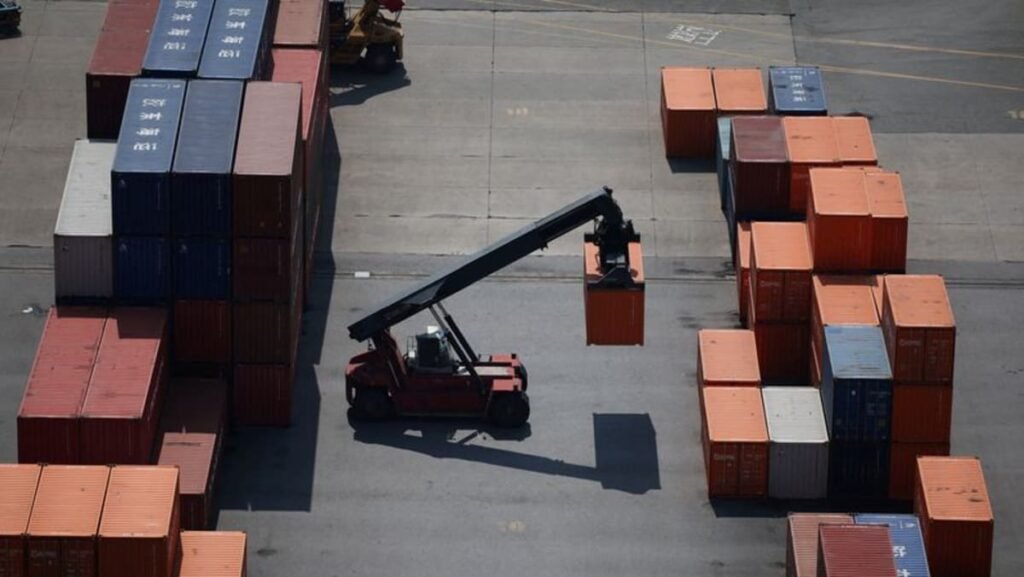SEOUL: South Korea’s Trade Minister Yeo Han-koo is scheduled to visit the United States from June 22 to June 27, as announced by the trade ministry on Saturday (June 21). This visit comes amid growing worries about the effects of US tariffs.
During his trip, Minister Yeo will meet with US Trade Representative Jamieson Greer and engage in the third round of bilateral technical discussions, according to a ministry representative who spoke with Reuters. Specific details regarding these meetings were not provided.
The trade discussions between the two nations commenced in April, with South Korea looking for ways to reduce the high tariffs that US President Donald Trump is proposing to impose.
Currently, South Korea faces a general tariff of 10 percent and a 25 percent country-specific tariff, which is temporarily suspended for 90 days. The two countries agreed during early negotiations in April to devise a trade agreement aimed at lowering tariffs by July 8.
However, political instability due to changes in leadership has hindered progress.
“Since a summit between South Korea and the US has not occurred and key cabinet members have yet to be appointed in the new administration, discussions will likely revolve around areas manageable by the trade ministry, excluding significant topics like defense cost-sharing and exchange rates,” noted Heo Yoon, an economics professor at Sogang University.
“Under these circumstances, achieving a comprehensive agreement on critical negotiation frameworks and topics is expected to be difficult.”
The news of Yeo’s trip to Washington follows the recent establishment of a task force by South Korea to handle negotiations with the US. This team includes officials from the industry ministry focused on trade, manufacturing, energy, and investment.
According to the Industry Ministry, the task force will address both tariff and non-tariff issues within various industries and the energy sector while also working in coordination with the private sector.
Yeo, who leads the task force, emphasized its significant role, stating that “businesses and the public have faced significant challenges due to US tariff policies.”
The economy of Asia’s fourth-largest nation unexpectedly shrank in the first quarter, impacted by Trump’s extensive tariffs and domestic political turmoil following former President Yoon Suk Yeol’s martial law decree in December.


